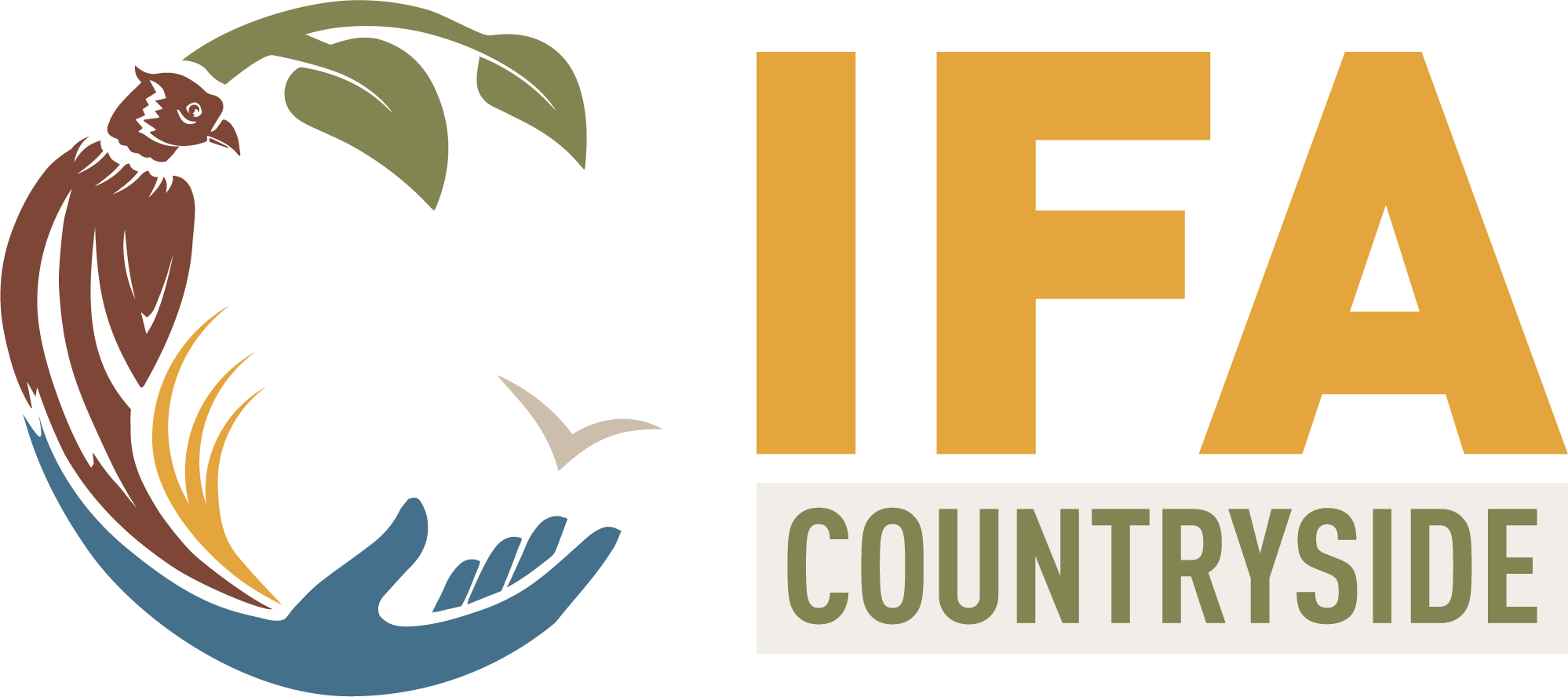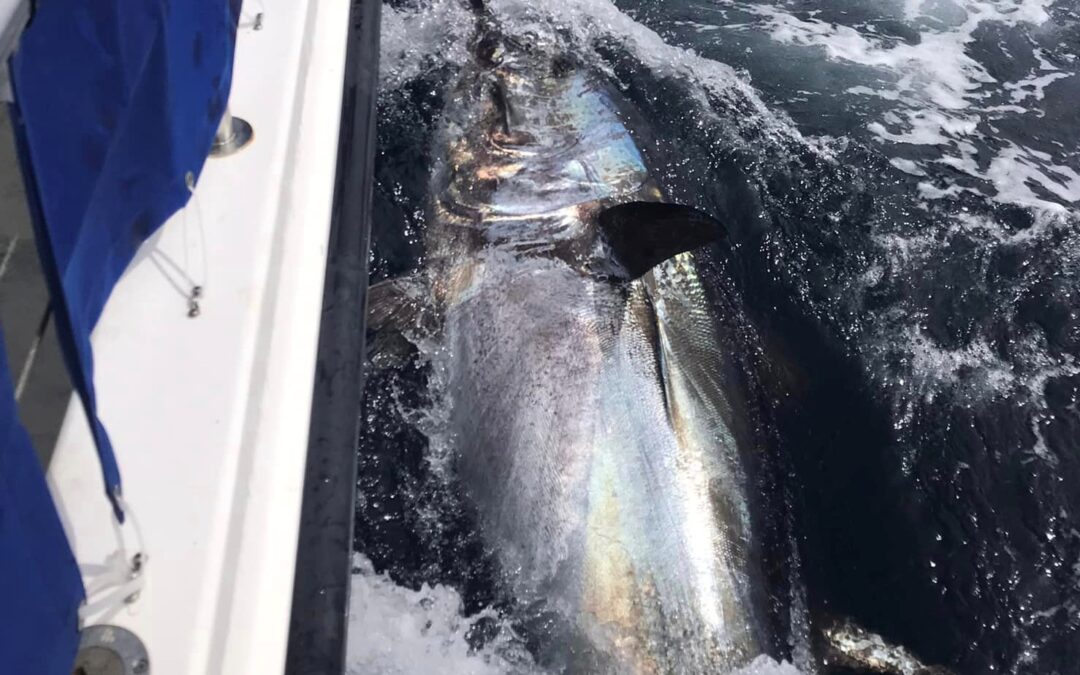
by ifacountryside | May 17, 2024 | Angling, Fishing
Applications have opened for experienced angling skippers to catch-and-release Atlantic bluefin tuna as part of a collaborative scientific survey The initiative targets Atlantic bluefin tuna – the world’s largest tuna species – to collect information on...
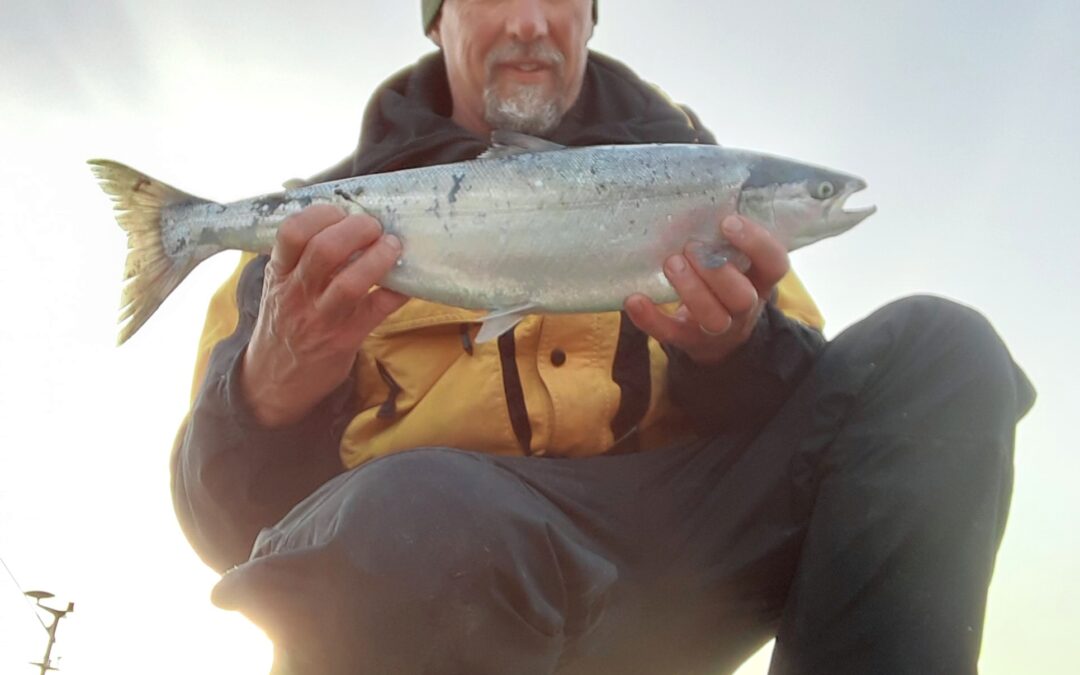
by Barbara Killeen | Oct 31, 2023 | Angling, Ecology, Fishing
Friday, October 27th, 2023: Inland Fisheries Ireland has participated in a tagging project for salmon that tracks their epic sea swim from Greenland to Europe. Inland Fisheries Ireland(IFI) researcher Glen Wightman represented the agency in an EU-funded programme...
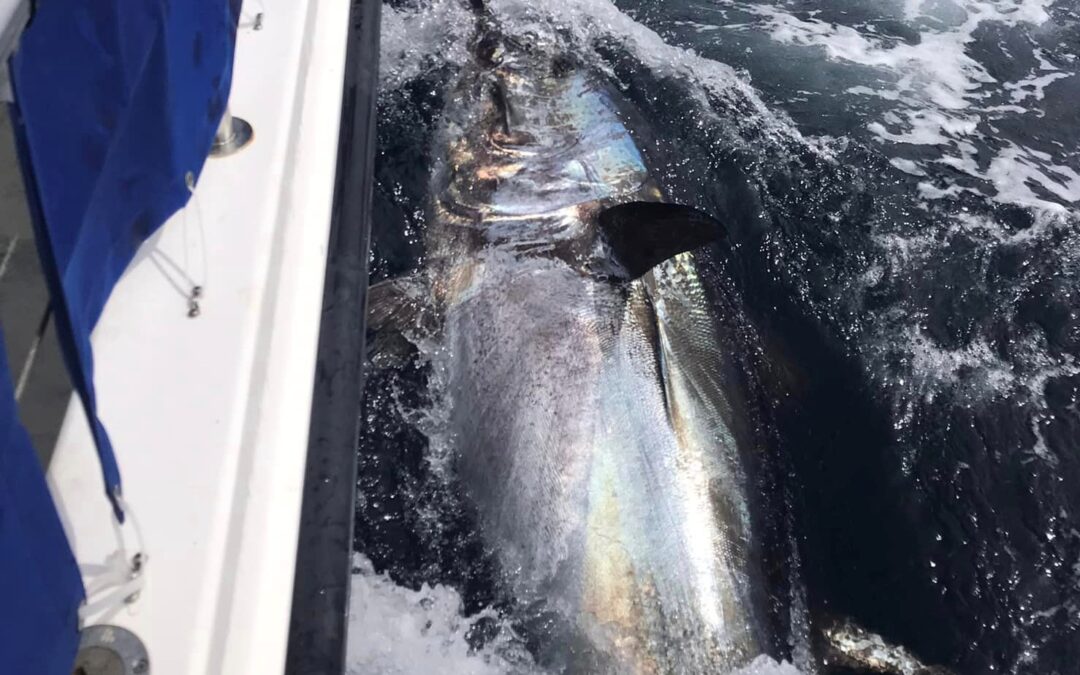
by Barbara Killeen | Oct 31, 2023 | Angling, Fishing
Friday, October 27, 2023: Inland Fisheries Ireland has recorded two rare recaptures of tagged Atlantic bluefin tuna. The angling season for bluefin tuna closes on November 12. The first recaptured bluefin was tagged and released originally by skipper, Adrian Molloy on...
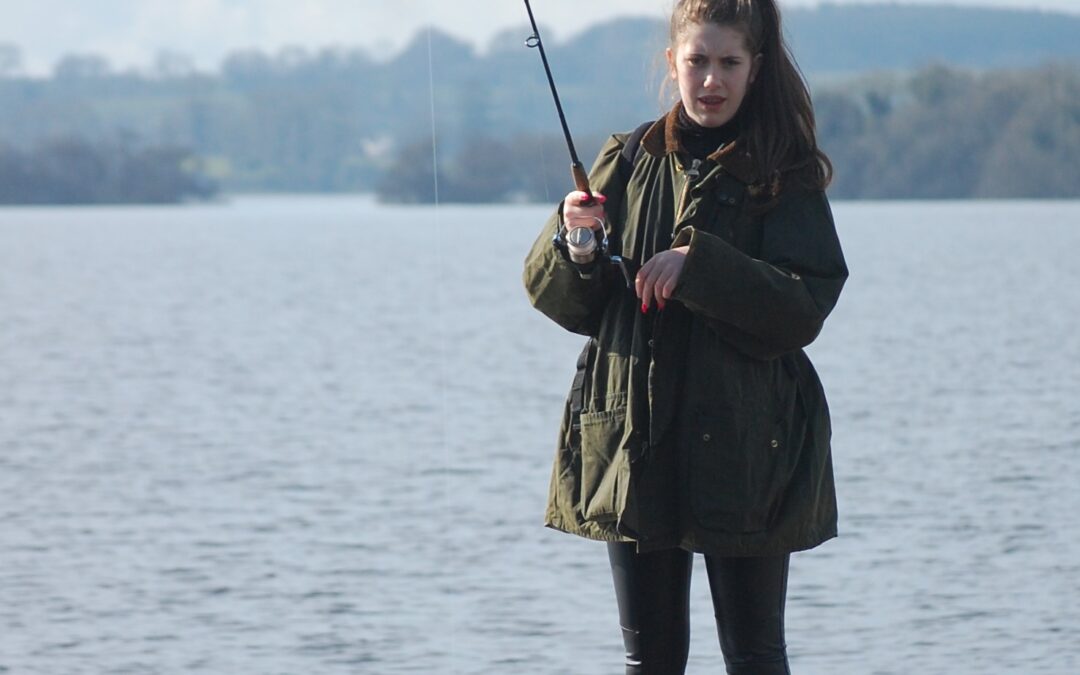
by ifacountryside | Jul 7, 2023 | Angling, Fishing
Over 600 young people took part in the Dublin Angling Initiative in 2022 Inland Fisheries Ireland recentlyy launched an open call for youth clubs, community groups, and schools in the greater Dublin area to take part in its fishing programme- the Dublin Angling...
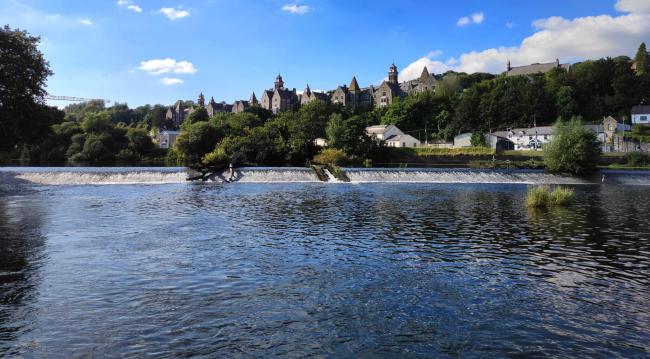
by Barbara Killeen | May 4, 2023 | Angling, Fishing
Thursday, 4th May 2023: Inland Fisheries Ireland(IFI) has today opened a new draw for anglers who wish to catch and keep wild salmon and sea trout greater than 40cm from the Lower River Lee in Cork this year. The pool system allocates brown labels to anglers who are...
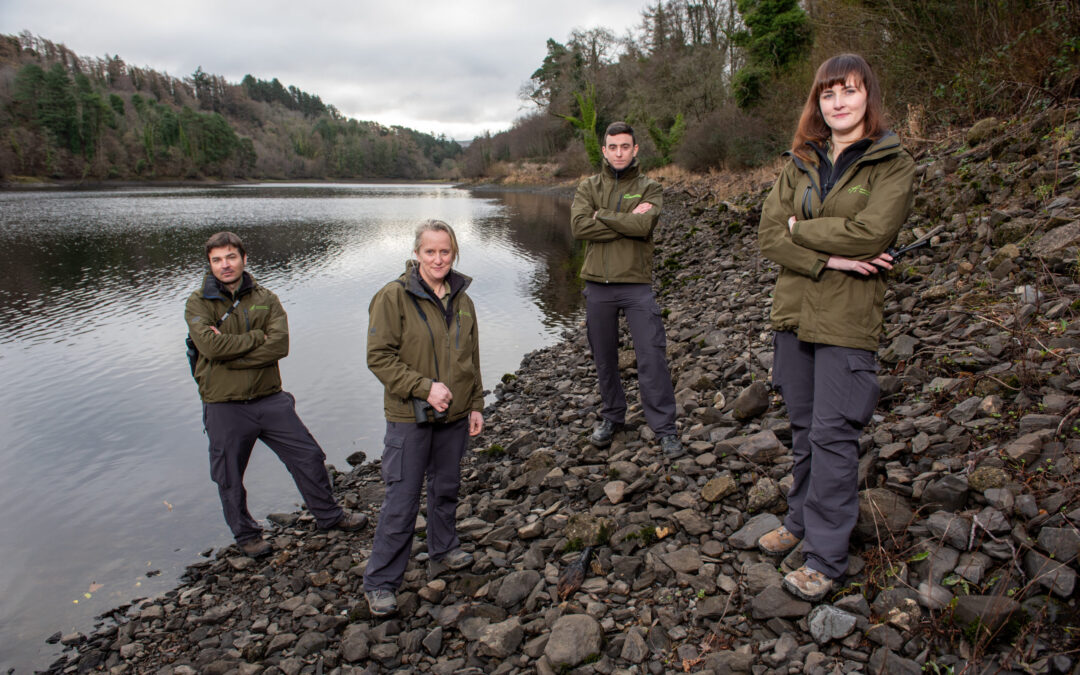
by Barbara Killeen | Feb 3, 2023 | Angling, Fishing
Protection and Development posts opening up in Cavan, Clare, Cork, Donegal, Dublin, Galway, Kerry, Leitrim, Limerick, Louth, Mayo, Roscommon, Sligo, Waterford and Wexford Inland Fisheries Ireland, the state agency responsible for the protection, conservation,...







